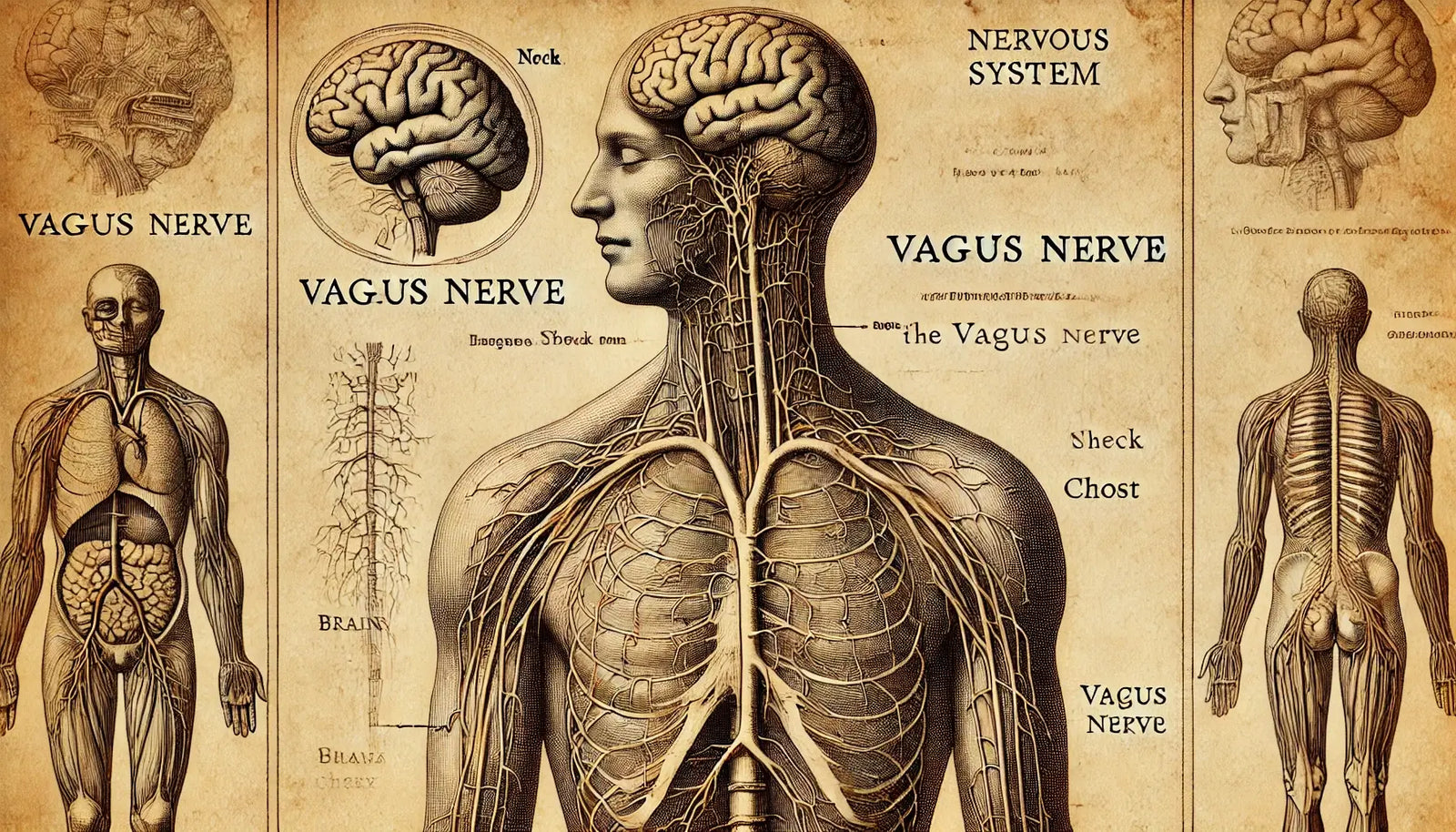WE TAKE PAIN RELIEF SERIOUSLY. EVERYTHING ELSE? MEH.

GET THE STRONGEST ALL-NATURAL & ORGANIC TOPICAL PAIN CREAM ON THE MARKET TODAY...& THE MOST INTERESTING.

PUNCHING PAIN IN THE FACE SINCE 2011.

WANT TO BE A WHOLESALE PARTNER? CLICK HERE

WE TAKE PAIN RELIEF SERIOUSLY. EVERYTHING ELSE? MEH.

GET THE STRONGEST ALL-NATURAL & ORGANIC TOPICAL PAIN CREAM ON THE MARKET TODAY...& THE MOST INTERESTING.

PUNCHING PAIN IN THE FACE SINCE 2011.

WANT TO BE A WHOLESALE PARTNER? CLICK HERE

WE TAKE PAIN RELIEF SERIOUSLY. EVERYTHING ELSE? MEH.

GET THE STRONGEST ALL-NATURAL & ORGANIC TOPICAL PAIN CREAM ON THE MARKET TODAY...& THE MOST INTERESTING.

PUNCHING PAIN IN THE FACE SINCE 2011.

WANT TO BE A WHOLESALE PARTNER? CLICK HERE

WE TAKE PAIN RELIEF SERIOUSLY. EVERYTHING ELSE? MEH.

GET THE STRONGEST ALL-NATURAL & ORGANIC TOPICAL PAIN CREAM ON THE MARKET TODAY...& THE MOST INTERESTING.

PUNCHING PAIN IN THE FACE SINCE 2011.

WANT TO BE A WHOLESALE PARTNER? CLICK HERE

WE TAKE PAIN RELIEF SERIOUSLY. EVERYTHING ELSE? MEH.

GET THE STRONGEST ALL-NATURAL & ORGANIC TOPICAL PAIN CREAM ON THE MARKET TODAY...& THE MOST INTERESTING.

PUNCHING PAIN IN THE FACE SINCE 2011.

WANT TO BE A WHOLESALE PARTNER? CLICK HERE

WE TAKE PAIN RELIEF SERIOUSLY. EVERYTHING ELSE? MEH.

GET THE STRONGEST ALL-NATURAL & ORGANIC TOPICAL PAIN CREAM ON THE MARKET TODAY...& THE MOST INTERESTING.

PUNCHING PAIN IN THE FACE SINCE 2011.

WANT TO BE A WHOLESALE PARTNER? CLICK HERE


Chronic Pain: New Research, New Treatments
1 min read
WebMD talks to Scott M. Fishman, MD, president of the American Pain Foundation
As recently as 20 years ago, people with chronic pain were too often dismissively told that their problem was "in their heads" or that they were hypochondriacs. But in the last decade, a handful of dedicated researchers learned that chronic pain is not simply a symptom of something else -- such as anxiety, depression, or a need for attention -- but a disease in its own right, one that can alter a person's emotional, professional, and family life in profound and debilitating ways. Today, doctors have yet to fully apply this knowledge.
Some 50 million Americans have chronic pain and nearly half have trouble finding adequate relief. But the outlook is good: Ongoing research is revealing the promise of novel treatments, including new medications, devices and injections, alternative therapies such as biofeedback and acupuncture, and an all-encompassing mind/body approach. The point? If patients' whole lives are affected by pain, the treatment must address their whole lives.
Leave a comment
Comments will be approved before showing up.
Also in Understanding Pain

Why a Safe Space Is Essential for Pain Relief and Injury Healing in Athletes
6 min read
Every athlete wants to speed healing from injury and get back to sport safely. One of the most overlooked and underestimated parts of any recovery program is the safe space. Find out why creating a physical and psychological safe space for healing is the foundation to any injury rehabilitation & pain management plan.

The Vagus Nerve: A Key Player in Chronic Pain Management
4 min read
Get the brief lowdown on the vagus nerve (cranial nerve X) and how it can manage chronic pain.
Read More

Trial of Capsaicin for Knee Pain
1 min read
The present resultsof this study support the efficacy and safety of the intra-articular injection of trans‐capsaicin to manage moderate‐to‐severe pain associated with knee OA. The findings indicate that further clinical development is warranted.
Read More
Heading
Text area can be used for details about blog authors or general information.
Subscribe
Sign up to get the latest on sales, new releases and more …

Signup for our Newsletter
Get current pain research, the latest discounts, inspiring stories, and much more delivered right to your inbox. Never spam, always top-notch information.